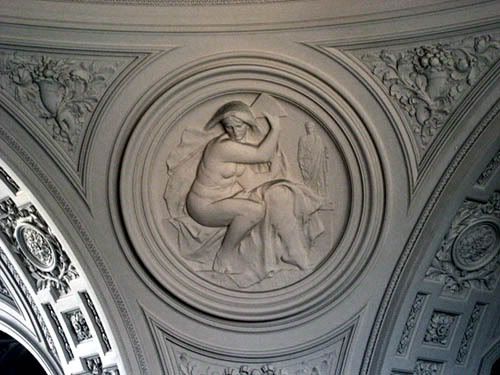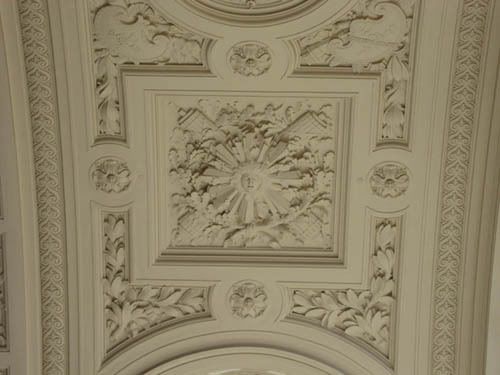"Admittedly even the liturgical movement itself had not been wholly free from historicism. Rereading its literature today, one finds that it was much too influenced by an archaeological mentality that presupposed a model of decline: What occurs after a certain point in time appears ipso facto to be of inferior value, as if the Church were not alive and therefore capable of development in every age. As a result of this, the kind of thinking shaped by the liturgical movement narrowed into a biblical-positivist mentality, locked itself into a backward looking attitude, and thus left no room for the dynamic development of the faith. On the other hand the distance implied in historicism inevitably paved the way for "modernism"; since what is merely past is no longer living, it leaves the present isolated and so leads to self-made experimentation."
Joseph Cardinal Ratzinger, translated by Adrian Walker, in
Mary: The Church at the Source. (Ignatius Press, 2005), p.24.
What Pope Benedict XVI is saying is of course regarding the tensions at
Vatican II, but at the same time his point is universal, it applies just as much to the
Neo-Confucianism of the
Song, in China as it does to 20th century Church politics. The past famously is a foreign country, and when we try to recover it from a distance, we inevitably come up with something that far more reflects "modern" sensibilities than anything that we would have done if we had not tried to throw out our present, in the name of an idealized past.



